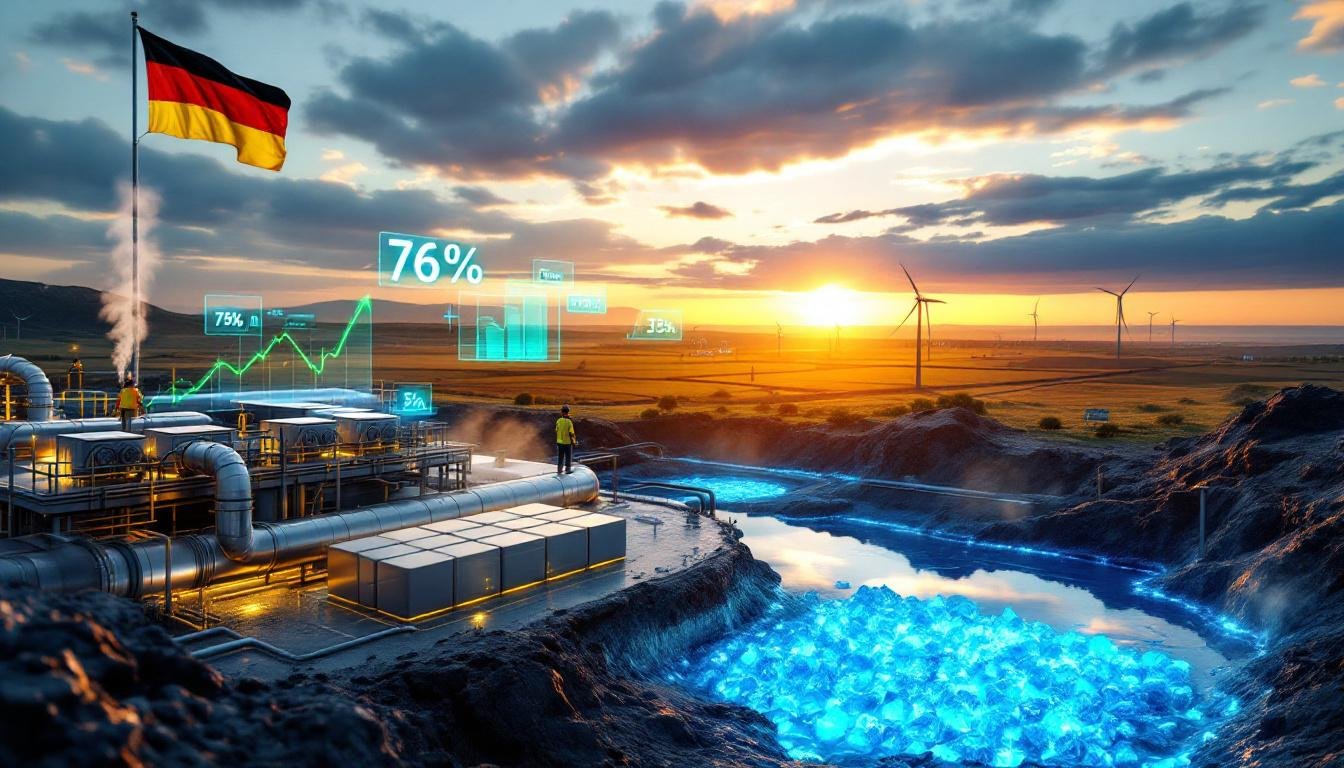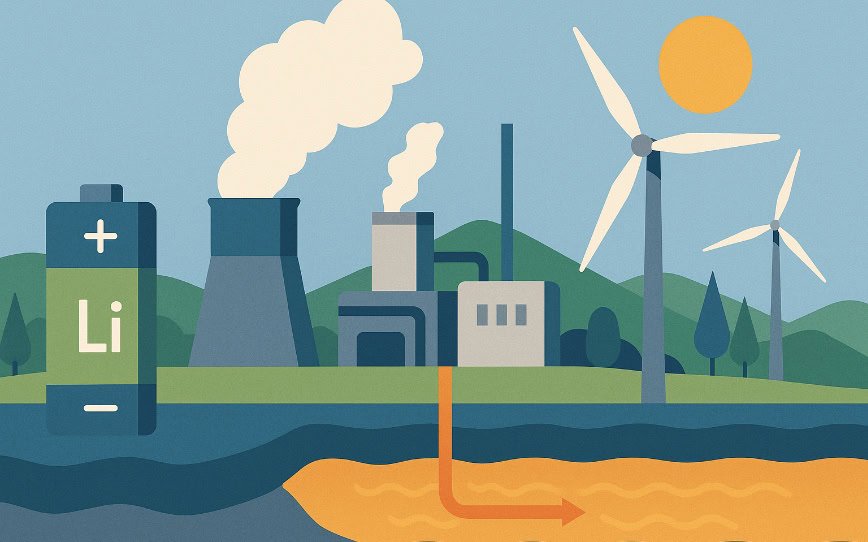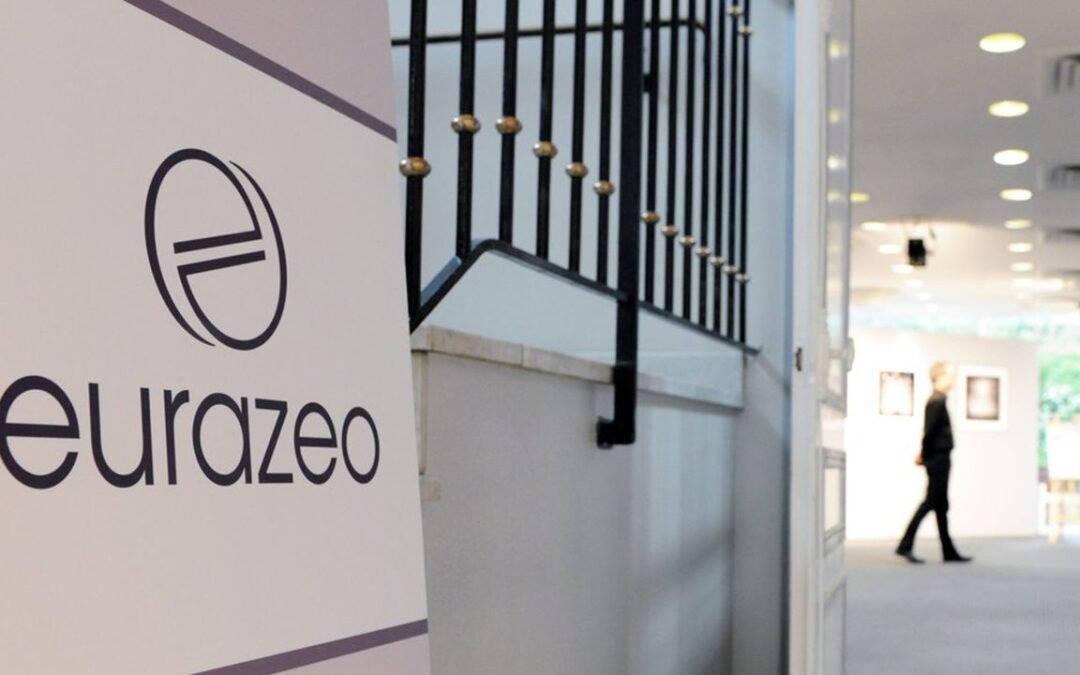Vulcan Energy Resources announced a 76% increase in lithium resources at its Mannheim project in Germany, raising the total from 1,833 kilotonnes of lithium carbonate equivalent (LCE) to 3,225 kilotonnes LCE. This substantial growth enhances Europe’s capacity to supply lithium for batteries, which is critical for the region’s energy transition and automotive industries.
The Mannheim project utilizes an innovative approach that combines lithium extraction with geothermal energy production, aiming to create a carbon-neutral method for lithium sourcing. Located in the Upper Rhine Valley Brine Field, the project benefits from its proximity to major automotive manufacturing areas, which lowers transportation emissions and costs while bolstering Europe’s domestic battery supply chain.
Vulcan Energy’s CEO, Cris Moreno, emphasized that the project represents the first integrated lithium and renewable energy business focused on decarbonizing battery production. The recent resource increase results from advanced 3D seismic surveys, which confirmed consistent quality metrics despite the larger resource base. The magnesium-lithium ratio increased slightly from 153 to 155, indicating that processing complexities remain largely unchanged.
In addition to lithium, Vulcan has also completed its first geothermal energy resource estimate for the area, revealing a sizable in-place geothermal resource of 2,848 petajoules (PJ) indicated and 10,539 PJ inferred. Of this total, an estimated 171 PJ is recoverable from the indicated category and 377 PJ from the inferred category. This dual-resource strategy enables cost efficiency by sharing drilling and infrastructure investments, while also supporting carbon-neutral lithium extraction by using geothermal energy instead of fossil fuels.
The project aims to supply geothermal heat to the district heating network operated by MVV Energie AG, reinforcing the commercial viability of the geothermal component and providing additional revenue streams alongside lithium production. Vulcan’s development strategy focuses on phased expansion to establish technical viability, generate cash flow from early operations, and scale production to meet rising European lithium demand.
As the largest lithium resource in Europe, the Mannheim project is pivotal for reducing reliance on imports from regions with higher geopolitical risks. The geothermal aspect further strengthens energy security for Europe by ensuring consistent power generation and reducing dependence on natural gas for heating.
Vulcan Energy’s approach diverges from traditional lithium production methods, which typically involve either evaporative brine operations, like those found in South America’s Lithium Triangle, or hard rock mining in Australia. Instead, Vulcan focuses on geothermal brines with direct lithium extraction technology powered by geothermal energy, which significantly lowers water usage and carbon emissions associated with conventional extraction methods.
While the resource update is a significant development, Vulcan Energy faces challenges in moving from pilot projects to commercial production. Key hurdles include optimizing the direct lithium extraction process for specific brine chemistry, securing necessary permits, and engaging with local communities to maintain the social license to operate.
Investors may find Vulcan Energy’s dual-resource model appealing, as it positions the company at the forefront of Europe’s battery supply chain and aligns with EU policies aimed at critical raw materials and decarbonization. Future developments will include a scoping study incorporating updated resource figures, permitting applications, and partnerships with energy consumers. As the company progresses, it aims to establish a leading role in the European lithium market while contributing to a sustainable energy future.




